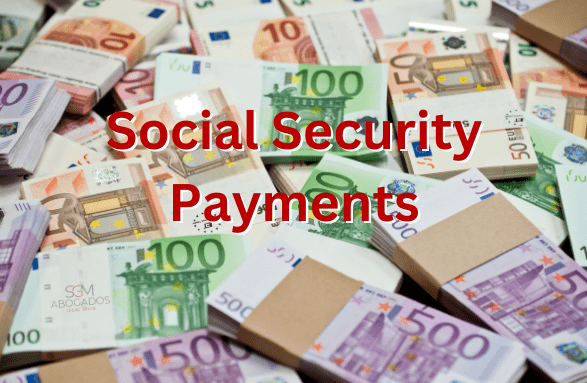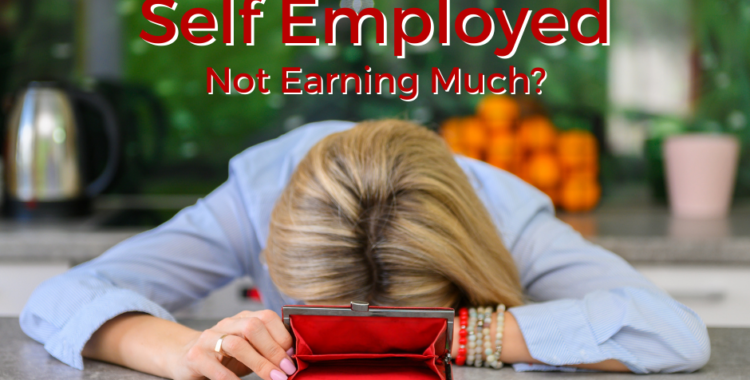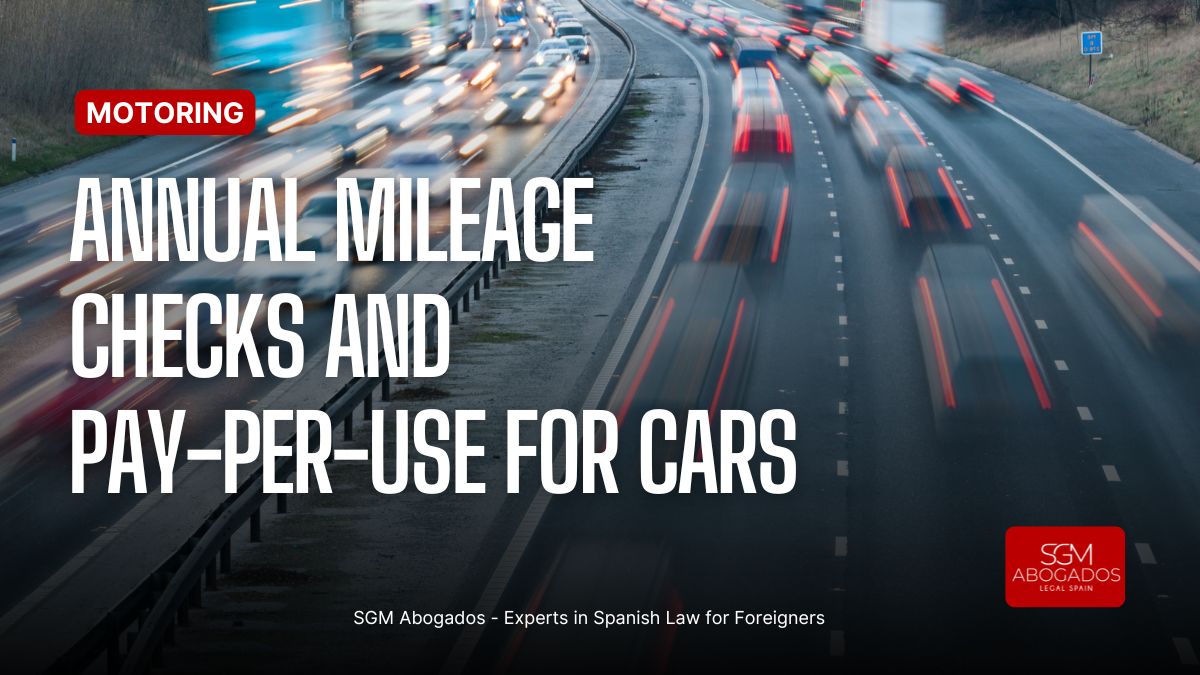Self-employed in Spain with Lower Income?
Do I have to register and pay tax if I earn below minimum wage?
It’s illegal to earn below the minimum wage in Spain if you’re a full-time employee, but if you’re an ‘autónomo’ do you still have to register and pay tax when you’re not earning much money?
Being an autónomo (self-employed worker) in Spain can be challenging, given the high social security payments you have to pay every month and the bureaucracy that’s involved.
But is it actually necessary to register and pay tax if you’re earning below the minimum wage every month?
In 2023, Spain’s Interprofessional Minimum Wage (SMI) is €1,080 per month if you’re paid in 14 installments and €1,260 if you’re paid in 12 installments throughout the year.
Additionally, the daily minimum wage for casual and seasonal workers is €51.15.

According to the Spanish news site The Objective, two-thirds of self-employed workers in Spain, around 2.2 million of the 3.3 million registered, earn below minimum wage.
Currently, contract workers in Spain who earn €22,000 or above must present an income tax return and those whose annual income is less than €22,000 will be exempt from filing a tax return.
However, if you’re autónomo, you will still need to complete file la declaración de la renta, even if you have earned under €22,000.
The question of whether you need to register as self-employed in Span and pay tax, even if you earn minimal amounts, has been asked over and over again and is a bit of a grey area, with many lawyers not even being able to give a straight answer.
Take freelancers who are just starting out and are in the process of growing their business but who are not yet making enough sales to reach minimum wage. It could also be self-employed workers who are going through a period of financial difficulty or those who only work periodically such as language teachers, who may only give a few classes a week.
What does Spanish law say?
In 2007 the Supreme Court issued a ruling stating that it was not necessary to register as autónomo if you’re earning below minimum wage. Since then, there have been several self-employed workers who have won cases arguing and proving that they earned less than the SMI.
However, there is no exact law on this and in 2018, Spain’s Social Security department issued a ruling stressing that everyone had to register as self-employed, regardless of the amount they earn.

In 2007 the Supreme Court issued a ruling stating that it was not necessary to register as autónomo if you’re earning below minimum wage. Since then, there have been several self-employed workers who have won cases arguing and proving that they earned less than the SMI.
However, there is no exact law on this and in 2018, Spain’s Social Security department issued a ruling stressing that everyone had to register as self-employed, regardless of the amount they earn.
According to InfoAutonomos, a website designed to help Spain’s self-employed: “The problem arises because the obligation to register as self-employed is independent of the level of income and the time dedicated to a work activity”.
Spanish Social Security legislation states that “you must register as self-employed if you regularly, personally and directly carry out an economic activity for profit, without being subject to an employment contract, even if you use the paid service of other people, whether or not you are the owner of an individual or family business”.
This means that you are supposed to register if you work on a regular basis, but you could still be earning below the minimum wage, whether you are working 40 hours a week or just for two afternoons a week.
The reality is that if you are not registered properly then you cannot legally issue invoices to clients in Spain and therefore cannot be earning anyway. You can issue invoices to clients abroad though, but may still not be earning enough to meet the Spanish minimum wage
Even if you do not exceed Spain’s SMI, if you issue invoices every month, Spain’s Seguridad Social Ministry and the Hacienda tax agency can potentially find out if you’re not registered. Other companies who you invoice will have a record that they’ve paid you and this will be submitted along with their quarterly tax returns.
There could be hefty fines to pay if you’re not registered when you’re supposed to be, but the amount will depend on individual circumstances.
Social Security Payments

The main issue with having to register as an autónomo when you’re earning so little is that you have to pay monthly social security fees. Up until this year, this was a flat fee, regardless of how much you earnt. This meant that someone who is earning below minimum wage was still having to fork out €289 per month (€60 for the first year), even if they earn nothing one month.
As from 2023, instead of there being a fixed rate of €294, the fee will go down progressively to €200 a month for lower earners and progressively higher – up to €590 a month – for higher earners.
Spain’s Ministry of Employment and Social Security will also change the rates for each group of earners every year. So far they have revealed what these rates will be for the years 2023, 2024 and 2025.
But it does mean that in 2023 anyone earning less than €670 per month (below minimum wage) will still have to pay €230 in social security fees.
Many Thanks to THE LOCAL es











